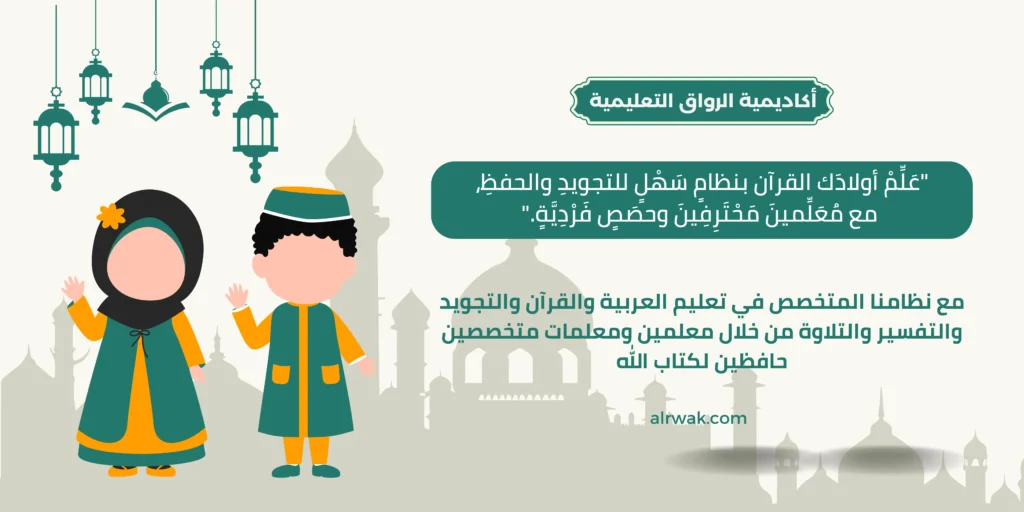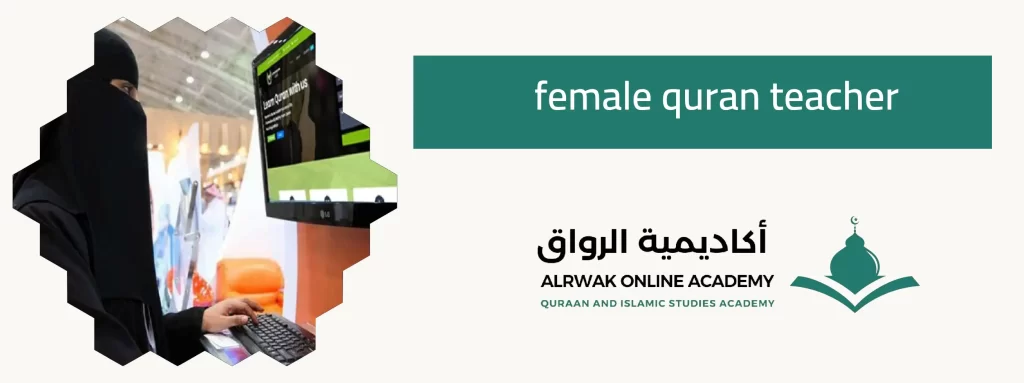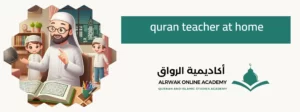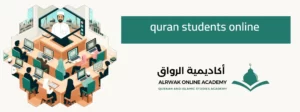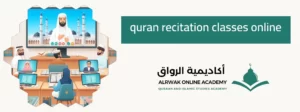This article delves into the significance of the female quran teacher initiative at Al-Rawaq Academy, exploring the unique contributions and perspectives these educators bring to the sacred task of imparting Quranic knowledge. Beyond breaking stereotypes, this endeavor underscores the commitment of Al-Rawaq Academy to fostering an environment where both male and female students can benefit from the enriching teachings of the Quran, nurturing a holistic understanding of Islam. Join us on this insightful journey as we unravel the empowering stories of the dedicated women shaping the spiritual destinies of those under their guidance at Al-Rawaq Academy.
female quran teacher
In the serene halls of Al-Rawaq Academy, a transformative initiative has emerged, casting a spotlight on the profound contributions of female quran teacher in the realm of Islamic education. Breaking away from convention, Al-Rawaq Academy has embarked on a journey to bridge gender gaps in religious instruction, recognizing the invaluable role women can play in shaping the spiritual landscapes of their communities. This groundbreaking endeavor is a testament to the academy’s commitment to inclusivity and diversity, fostering an environment where both male and female students can engage with the sacred teachings of the Quran.
At the heart of this progressive initiative are the dedicatedfemale quran teacher who have embraced their roles as torchbearers of knowledge and spirituality. These educators, adorned in modest attire and equipped with a deep understanding of Islamic principles, bring a unique perspective to the traditional landscape of Quranic instruction. Their presence in the academy signifies a departure from the norm, challenging stereotypes that have historically confined women within certain spheres of influence. With profound commitment and passion, these teachers navigate the delicate balance between preserving cultural norms and instilling a sense of empowerment in their students.
The female quran teacher program at Al-Rawaq Academy not only aims to provide a platform for women to actively participate in religious education but also strives to create an environment that encourages holistic learning. The curriculum is meticulously designed to encompass a comprehensive understanding of the Quran, incorporating historical context, linguistic nuances, and the ethical dimensions of Islamic teachings. This multifaceted approach not only equips students with a deep appreciation for the sacred text but also nurtures critical thinking and a well-rounded understanding of their faith.
The impact of the female quran teacher initiative extends beyond the classroom, permeating into the social fabric of the community. By elevating the status of women as authoritative figures in matters of religious instruction, Al-Rawaq Academy is fostering a more inclusive and egalitarian society. The ripple effect of this paradigm shift is evident in the students who, under the guidance of their female Quran teachers, are empowered to challenge preconceived notions and actively participate in the broader discourse surrounding Islam. This educational paradigm encourages a reevaluation of the role of women in religious leadership, sparking conversations about equality and representation within the Islamic framework.
As these female quran teachers lead by example, their impact transcends the academic realm, influencing the personal and spiritual development of their students. Through mentoring and guidance, they create spaces for open dialogue, allowing students to grapple with the complexities of faith and spirituality. The empathetic approach of these educators enables students to navigate the challenges of modernity while remaining rooted in the timeless principles of the Quran. In this dynamic exchange, a sense of community is fostered, where students not only learn from their teachers but also contribute to a collective understanding of Islam that is relevant to their lives.
Furthermore, the female quran teacher program at Al-Rawaq Academy serves as a powerful antidote to the misrepresentation of women in Islamic education. By showcasing the intellectual prowess, dedication, and spiritual insight of these educators, the academy challenges stereotypes that often portray Muslim women as passive recipients of knowledge. Instead, these women stand as ambassadors of a progressive interpretation of Islam, demonstrating that empowerment and faith are not mutually exclusive. The diversity of experiences and backgrounds among the female quran teacher adds depth to the educational landscape, enriching the discourse surrounding Islam and dispelling misconceptions that linger in broader society.
In conclusion, the female quran teacher initiative at Al-Rawaq Academy stands as a beacon of progress, illuminating the path towards a more inclusive and enlightened approach to Islamic education. By recognizing and empowering women as integral contributors to the sacred task of imparting Quranic knowledge, the academy is not only breaking down barriers but also shaping a narrative where gender equity and spiritual enlightenment coexist harmoniously. As these female quran teacher continue to inspire and guide the next generation of Muslims, their impact reverberates beyond the walls of Al-Rawaq Academy, influencing the broader landscape of Islamic education and contributing to a more enlightened and egalitarian society.
more: best online quran academy
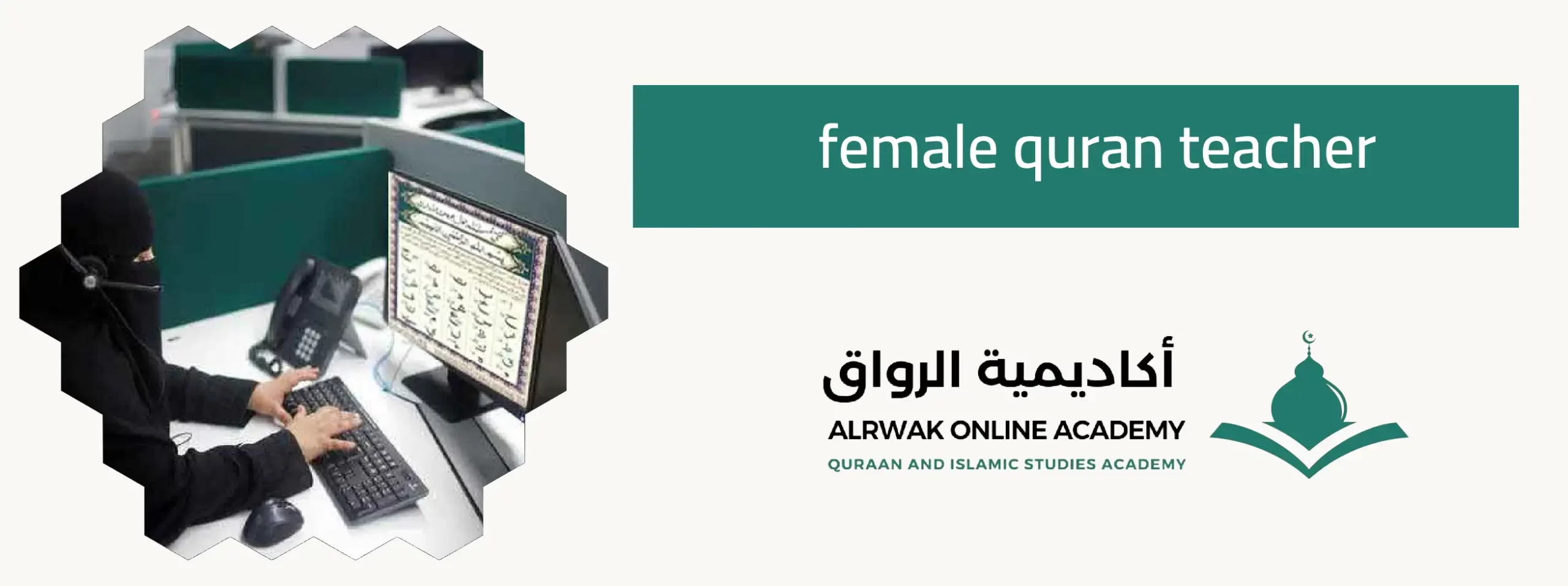
Quran, Arabic teacher online
In the digital age, the pursuit of knowledge has transcended geographical boundaries, and the role of an online Quran and Arabic teacher has become increasingly pivotal in shaping the spiritual and linguistic landscape for learners around the world. Online Quran and Arabic teachers serve as virtual guides, connecting individuals with the rich tapestry of Islamic teachings and the intricacies of the Arabic language from the comfort of their homes. These educators, often hailing from diverse backgrounds, bring a wealth of knowledge, experience, and cultural sensitivity to their virtual classrooms. The online platform offers a dynamic and interactive space where students, regardless of their location, can engage with the Quran and delve into the nuances of Arabic grammar, syntax, and vocabulary.
One of the distinctive features of the online Quran and Arabic teacher is the flexibility and accessibility they provide to learners. With virtual classrooms, students can access lessons at their convenience, accommodating busy schedules and time zone differences. This democratization of education allows individuals from various walks of life to embark on a journey of Quranic and linguistic exploration, breaking down barriers that may have hindered their access to traditional modes of instruction. Furthermore, the online format encourages a personalized learning experience, where teachers can adapt their approaches to cater to the unique needs and learning styles of individual students.
The curriculum of online Quran and Arabic classes is meticulously crafted to ensure a comprehensive understanding of both the Quranic text and the Arabic language. From memorization (Tajweed) and recitation of the Quran to the intricacies of Arabic calligraphy, these classes cover a spectrum of subjects aimed at fostering a holistic grasp of Islamic knowledge. Moreover, the virtual setting facilitates innovative teaching methods, such as interactive quizzes, multimedia presentations, and collaborative discussions, enhancing the overall learning experience. This dynamic approach not only keeps students engaged but also fosters a deeper connection with the material.
Beyond the academic realm, online Quran and Arabic teachers often play a multifaceted role as mentors, spiritual guides, and cultural ambassadors. They create an environment where students not only absorb the technical aspects of the Quran and Arabic language but also develop a profound connection to the spiritual essence of the teachings. The virtual classroom becomes a space for discussions on faith, ethics, and personal growth, allowing learners to navigate the intersection of religion and daily life. In this way, online Quran and Arabic teachers become catalysts for spiritual development, encouraging introspection and a deeper understanding of the Quranic principles.
The global reach of online Quran and Arabic classes also fosters a rich cultural exchange among students and teachers. Learners from diverse backgrounds come together in a virtual space, sharing their perspectives and experiences, thus creating a vibrant tapestry of cultural understanding. This intercultural dialogue not only enhances the educational experience but also promotes a sense of unity and brotherhood among the global Muslim community. As students learn the Arabic language, they also gain insights into the cultural nuances that shape the diverse Islamic world, fostering a sense of appreciation for the richness and diversity within the ummah.
In conclusion, the role of an online Quran and Arabic teacher extends far beyond the virtual classroom, influencing the spiritual, intellectual, and cultural dimensions of learners worldwide. Through the fusion of technology and tradition, these educators contribute to the democratization of Islamic education, making it accessible to a global audience. The impact of online Quran and Arabic classes is not only seen in the linguistic proficiency and Quranic knowledge of the students but also in the formation of a global community united by a shared quest for spiritual growth and cultural understanding.
more: best quran teacher
Online Courses offered by Female Quran Teachers
In the digital era, the empowerment of female Quran teachers has taken a remarkable stride with the advent of online courses, where these educators stand as virtual guides, unlocking the treasures of Islamic knowledge for learners worldwide. These online courses, crafted and delivered by dedicated female Quran teachers, serve as a beacon of inclusivity, breaking through traditional barriers and providing women with a platform to actively participate in religious education. The virtual realm offers a dynamic space for both male and female students to engage with the Quran under the tutelage of knowledgeable and inspiring female instructors. From the memorization and recitation of the Quran to the exploration of its historical and ethical dimensions, these courses are meticulously designed to offer a comprehensive understanding of the sacred text. The virtual platform not only facilitates flexibility in scheduling, accommodating the diverse lifestyles of learners, but it also fosters a global community where students from different backgrounds come together to enrich their understanding of Islam.
One of the distinctive features of online courses led by female Quran teachers is the empowerment and upliftment of women in the realm of Islamic education. Historically, women have faced limitations in accessing religious knowledge, and online courses serve as a transformative avenue for bridging this gap. Female Quran teachers, equipped with a deep understanding of the Quranic principles, provide a unique perspective that resonates with female learners, creating a sense of resonance and understanding that goes beyond the academic realm. These courses empower women to become active participants in the preservation and dissemination of Islamic knowledge, fostering a sense of agency and leadership within the community.
The curriculum of these online courses is thoughtfully structured to cater to the diverse needs of students. Whether beginners seeking an introduction to the Quran or advanced learners aspiring to deepen their understanding of specific aspects, the courses cover a range of topics that encompass Tajweed (proper pronunciation and recitation), Tafsir (exegesis), and Islamic ethics. The use of technology allows for innovative teaching methods, including multimedia presentations, interactive quizzes, and collaborative discussions, ensuring an engaging and enriching learning experience. The online platform also promotes self-paced learning, enabling students to revisit lessons and progress at their own speed, fostering a deeper and more enduring comprehension of the material.
Beyond the academic content, these online courses led by female Quran teachers often transcend into mentorship and personal development. Female instructors, serving as role models, guide their students not only in matters of religious understanding but also in navigating the complexities of contemporary life through the lens of Islamic teachings. This mentorship fosters a sense of community, where students find not just educators but also compassionate mentors invested in their holistic growth. The virtual classroom becomes a space for open dialogue, addressing questions about faith, spirituality, and the challenges of being a Muslim woman in the modern world.
Moreover, the global reach of online courses contributes to the formation of a diverse and interconnected community. Female Quran teachers, representing various cultural backgrounds and experiences, create an inclusive environment where students from different parts of the world come together to share their perspectives. This intercultural dialogue not only enriches the learning experience but also promotes a global sisterhood united by a common pursuit of knowledge and spiritual growth. The online courses, therefore, become a catalyst for building bridges and breaking down cultural barriers within the broader Muslim community.
In conclusion, the emergence of online courses led by female Quran teachers marks a transformative shift in Islamic education, offering a platform for women to actively participate and lead in the dissemination of religious knowledge. These courses go beyond the conventional boundaries, providing a flexible and inclusive space for learners to engage deeply with the Quran while fostering a sense of empowerment and community. As women take on roles as educators, mentors, and leaders in the online educational landscape, the impact of these courses resonates not only in the acquisition of knowledge but also in the cultivation of a global community united by a shared commitment to the teachings of Islam.

